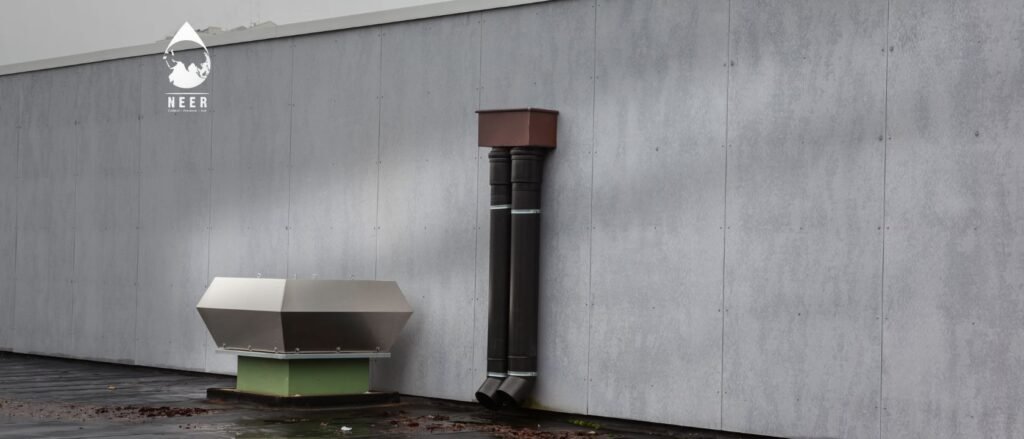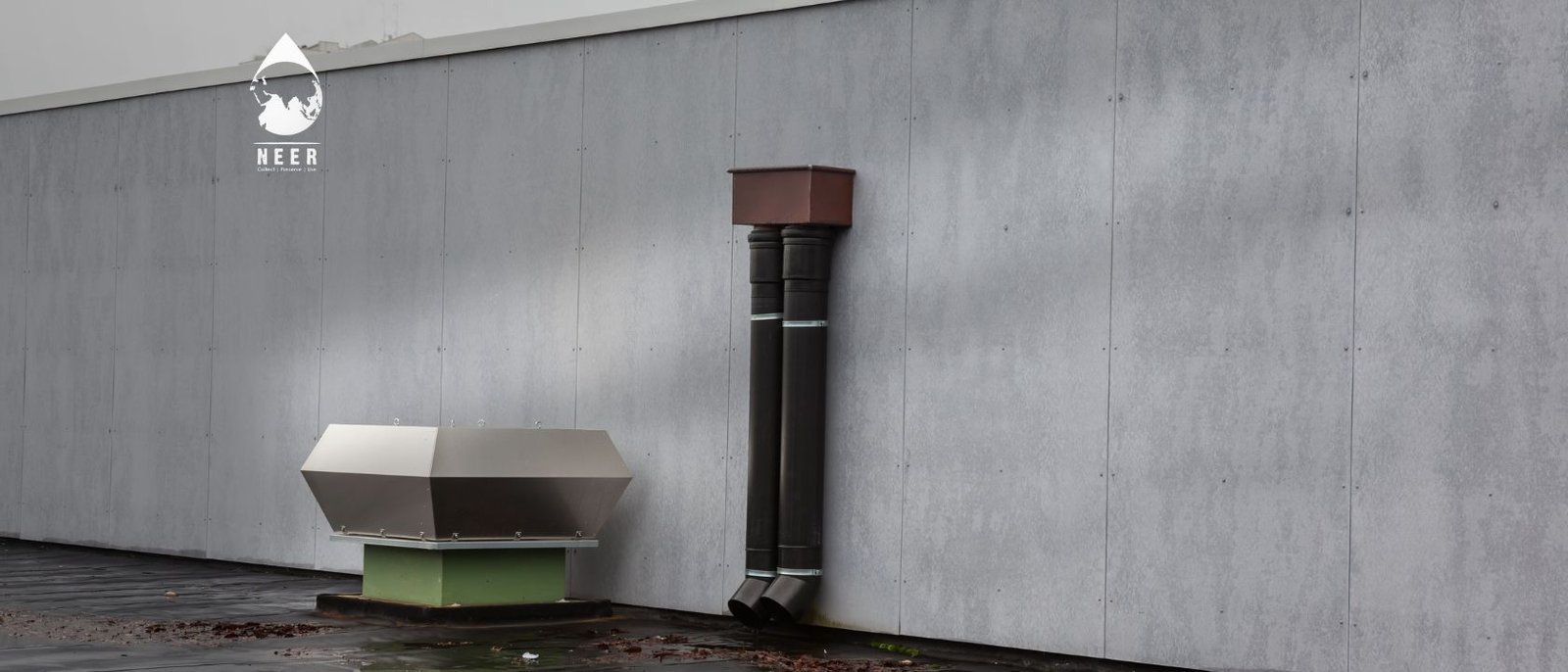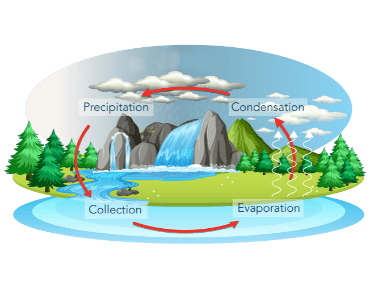
By: admin
Why Rainwater Harvesting Is the Future of Sustainable Water Use
The need for sustainable water management techniques has never been more pressing, as the planet confronts environmental problems and an increasing water shortage. Rainwater collection is among the most hopeful fixes for this worldwide problem. Capturing and using rainwater will help us greatly lessen our dependence on conventional water supplies, support conservation, and open the path for a more sustainable future. Sustainable water use is heading towards rainwater collection. Here’s why.
1. Addresses water scarcity.
Water scarcity, affecting millions of people and restricting access to safe, clean water, is a serious problem in many areas of the globe. Rainwater collection presents a sensible and efficient solution to this issue by providing an alternative water source. Communities can guarantee a more consistent and sustainable water supply by gathering and storing rainwater, lowering their reliance on overused groundwater and surface water sources.
2. Reduces the burden on municipal water systems.
High-demand metropolitan areas sometimes tax municipal water systems to their capacity. By lowering the water required from these systems, rainwater collection helps to relieve some of this load. By using rainwater for non-potable uses like irrigation, toilet flushing, and cleaning, people and companies help to lower demand on treated municipal water, enabling these systems to better meet vital needs.
3. promotes water economy.
A fundamental part of water conservation initiatives is rainwater collection. Using rainwater for a range of household and agricultural needs can greatly reduce our total water consumption. Along with helping to preserve freshwater supplies, this promotes a more conscious and sustainable way of using water. As more people choose rainwater collection, the combined influence on conservation initiatives will be significant.
4. Reduces erosion and flooding.
Apart from providing a useful water source, rainwater collection helps control stormwater runoff, preventing erosion and flooding. Harvesting systems help to reduce the volume of runoff that might overwhelm drainage systems and cause soil erosion by collecting rainfall before it reaches the ground. Because of these two advantages, rainwater collection is an essential tool for sustainable land and water management.

5. Enhances climate resilience
Climate change is expected to aggravate water-related problems, including more frequent and severe droughts, erratic rainfall patterns, and growing demand for water. Rainwater collection improves climate resilience by providing a consistent water source during dry seasons or in areas with limited water availability. For populations trying to shield themselves from the effects of climate change, this adaptability is absolutely essential.
6. Advocates environmentally friendly farming.
One of the biggest users of water is agriculture; hence, rainwater collection presents a sustainable approach to satisfy irrigation needs without draining important water supplies. Farmers can reduce their reliance on surface and groundwater by using collected rainwater for crops, promoting more environmentally friendly farming methods. In areas where water scarcity is a concern, this strategy not only helps guarantee food security but also helps preserve water.
7. Promotes environmentally friendly progress
Eco-friendly development techniques with low environmental impact are more and more needed as urbanization keeps growing. Integral to sustainable building design, rainwater collection offers a green substitute for conventional water supplies. Including rainwater collection in new buildings helps to support more general sustainability objectives and reduces the environmental impact of these projects.
8. affordable and easily available
Rainwater collection’s accessibility and cost-effectiveness are among its most appealing features. A rainwater collection system’s initial outlay is usually minimal, and over time the savings on water bills can be rather large. Moreover, a broad spectrum of communities can apply rainwater collection in urban and rural environments, offering a flexible solution. Future water management plans will heavily rely on rainwater collection because of its affordability and adaptability, which ensures its importance.
9. promotes environmental responsibility.
Rainwater collection encourages people and communities to actively participate in water resource management, promoting environmental stewardship. People who start this practice become more conscious of their water consumption and how it affects the environment, which helps them to engage in more sustainable activities in general. This change of perspective drives the more general cultural transformation required to solve world water issues.
10. A way to live sustainably
Rainwater collection is ultimately a road to sustainable living, not only a means of gathering water. Adopting rainwater collection techniques will be essential to guaranteeing a sustainable future given growing environmental challenges. Rainwater collection will help us to lower our environmental impact, preserve priceless resources, and create more strong communities.
Final Thought
Rainwater collection is likely to be the pillar of knowledge for future sustainable water use. Its ability to solve water shortages, ease municipal system burdens, and encourage conservation makes it an essential instrument for wise use of our resources. As more people and communities choose rainwater collection, we are approaching a time when we will use water sustainably, wisely, and with an eye toward long-term environmental health.
ABOUT NEER
NEER has been established as an Independent Ground Water Management Consultancy Organization with the full support of the Senior Hydro-geologist of the country Mr. M. MEHTA, Ex-Commissioner Ground Water, Ministry of Water Resources, Government of India.
NEER is an Accredited Consultant by the Central Ground Water Authority (CGWA) for the preparation of Ground Water withdrawal Impact Assessment report in accordance with the Guidelines issued vide notification No. 3289(E) dt: 24th September 2020 by CGWA duly followed by other States. NEER is also empaneled, registered and notified Consultant for Rainwater Harvesting designing and implementation by the U.P. government.
AIMS AND OBJECTIVES:
NEER has joined in this endeavor to provide clean water to masses around the year, propagating for conservation and preservation of water including Rainwater Harvesting and Artificial Recharge to groundwater. This is being a part of the water management process to fulfill the dreams of NEER, “Water should be Conserved and Wastage Prevented” and “Everybody should get the needed water being the crux of Life”.
NEER EXPERIENCE:
NEER is working in the field of groundwater management, intending to provide robust consultancy services to Government Departments, Firms, Companies – Private and Public Sector, Institutions, on the Assessment and Management of Water, Environment, and Pollution Control.) Industries, Infrastructures and Mining Projects to meet their water supply requirements as per existing protocols. It also aims at capacity building of stakeholders in Groundwater Investigations and its Management.
We work on NO-COMPROMISE POLICY. Our team members have conducted studies on Environment and Water Management throughout the country and abroad.
NEER has already executed many applied Research and Implementation Projects. Timeliness and Client satisfaction are the essences of this organization’s consultancy philosophy.
NEER APPROACH:
NEER has multi-disciplinary human resources for providing on-site solutions for all groundwater problems. It includes training on Groundwater issues through a well-developed curriculum by Scientists and Trainers.
The Research and Consultancy assignments are being carried out by experts in different fields with long and wide-ranging experience. NEER is also drawing on the expertise in relevant subject matters from the experts of Academic and Research Institutions of National and International repute. Follow us on Facebook & Instagram.


